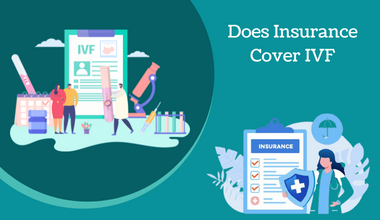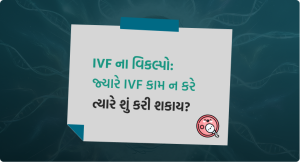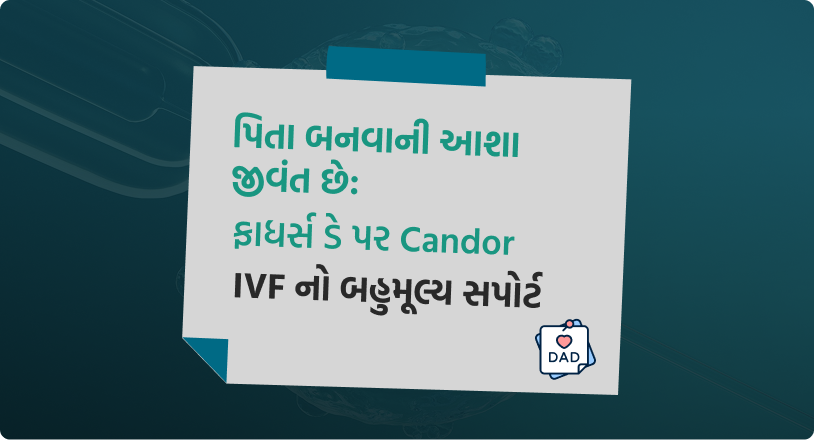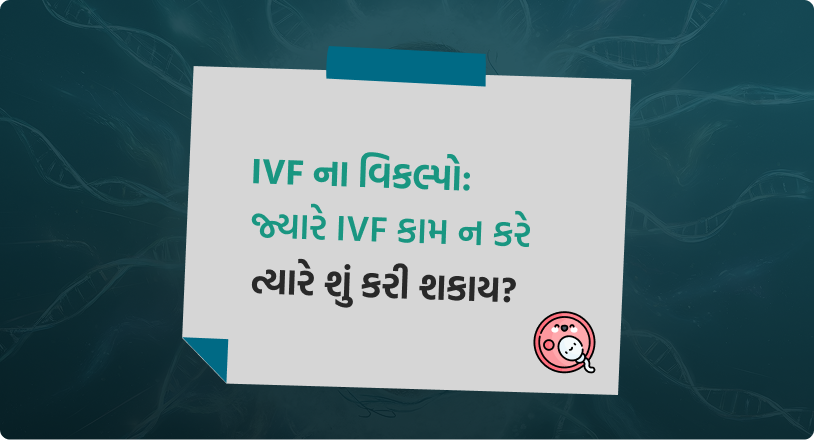Today, artificial fertilization is used to conceive 1-2 per cent of all babies born each year (IVF). IVF is a type of assisted reproductive technology in which eggs and sperm are joined in a laboratory setting outside the uterus. If fertilization happens, an embryo can be transferred to a uterus in the hopes of it implanting and resulting in a pregnancy. Individuals wishing to start a family battling infertility, a family history of genetically inherited disease, or pursuing family building as alone or in a relationship can all benefit from IVF. In addition, many people’s insurance policies do not cover the operation. You should know how your insurance may or may not cover you throughout the IVF cycle.
What is IVF?
First and first, it is critical to comprehend what an entire IVF cycle entails. On a high level, the process can be regarded as having main phases.-
Egg retrieval:
-
Fertilization:
-
Ovulation stimulation:
Insurance and IVF:
Unfortunately, IVF is not covered by most insurance policies, and it will take two to three cycles for most people undergoing IVF to become pregnant. Keep in mind that each insurance plan is unique, and IVF coverage restrictions vary from state to state. Because of the high expenses of IVF, it is a good idea to acquaint yourself with your plan and any IVF mandates in your area before starting treatment.Does health insurance cover fertility treatment?
Outpatient treatment, emergency services, prescription medications, pediatric services, and maternity and newborn care are common health benefits provided by health insurance companies. Infertility care is something that does not always fall under the benefits umbrella. So, first and foremost, figure out what your insurance policy covers.- Insurance for infertility in its entirety
- There is no coverage for fertility insurance.
- Only infertility diagnoses are covered by insurance.
- Infertility diagnosis and limited fertility treatment are enclosed by means of insurance.
- Medication coverage that may or may not include prescriptions for fertility drugs








